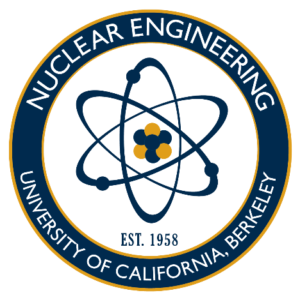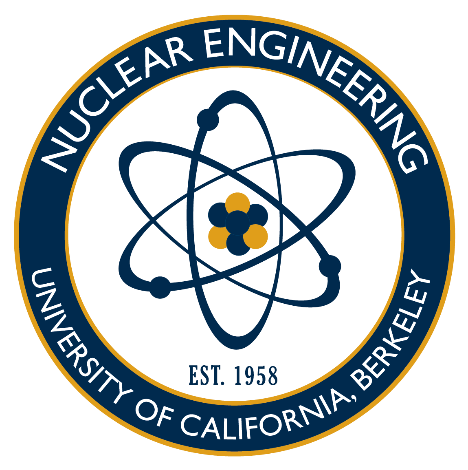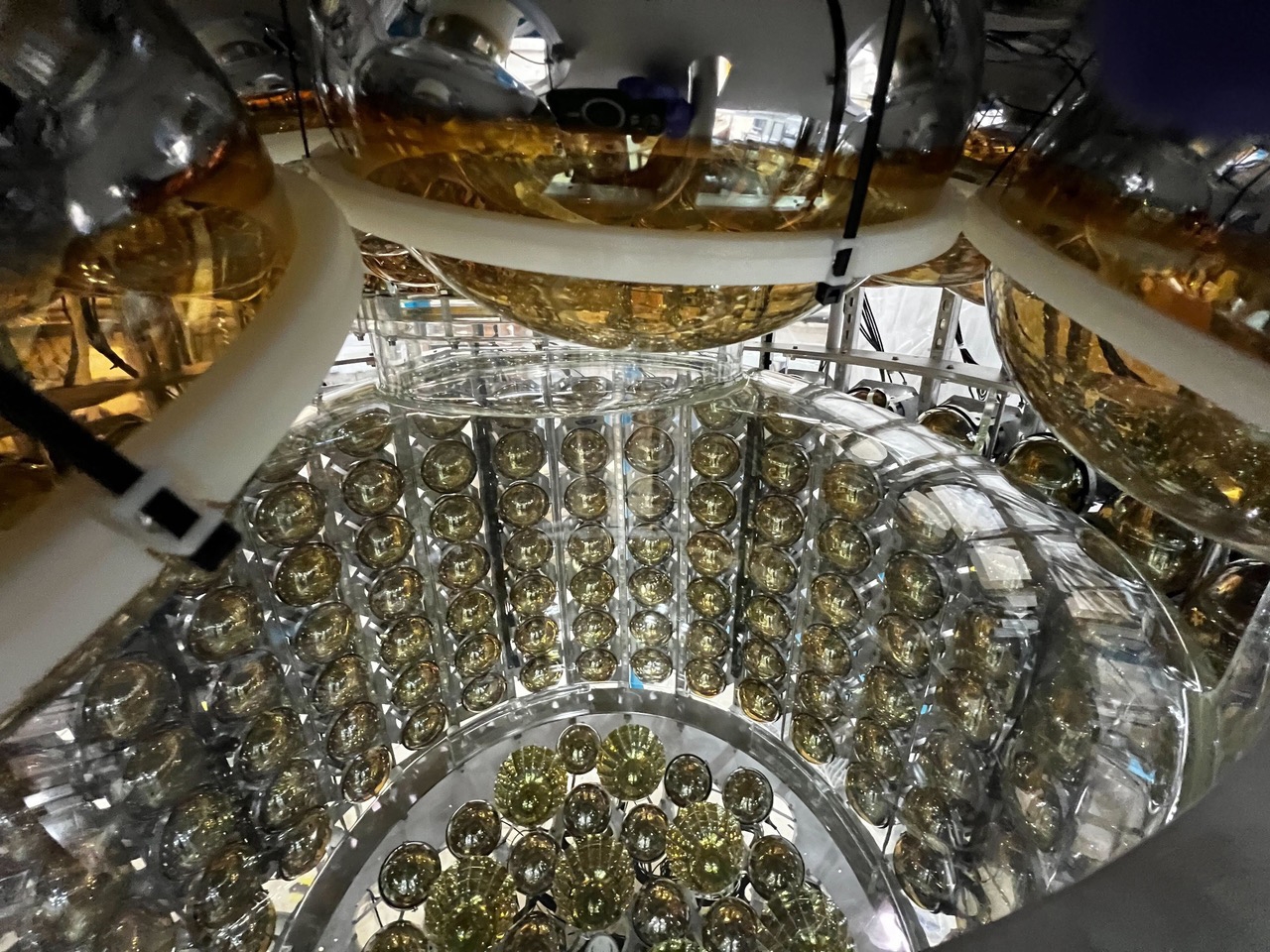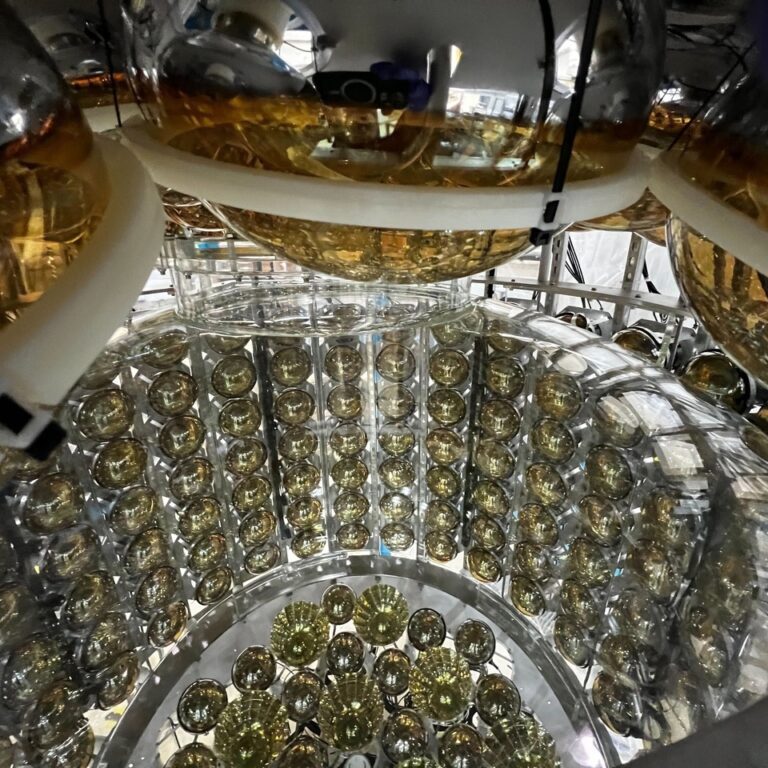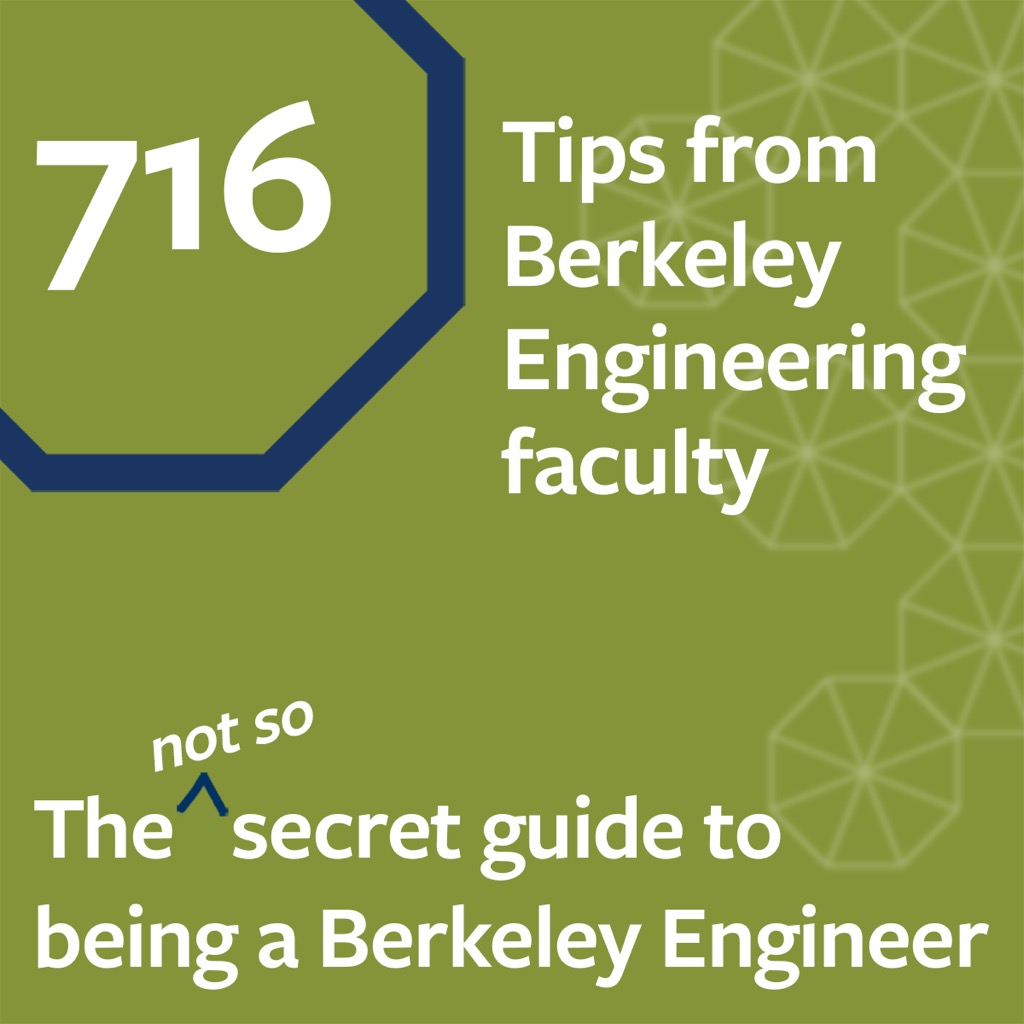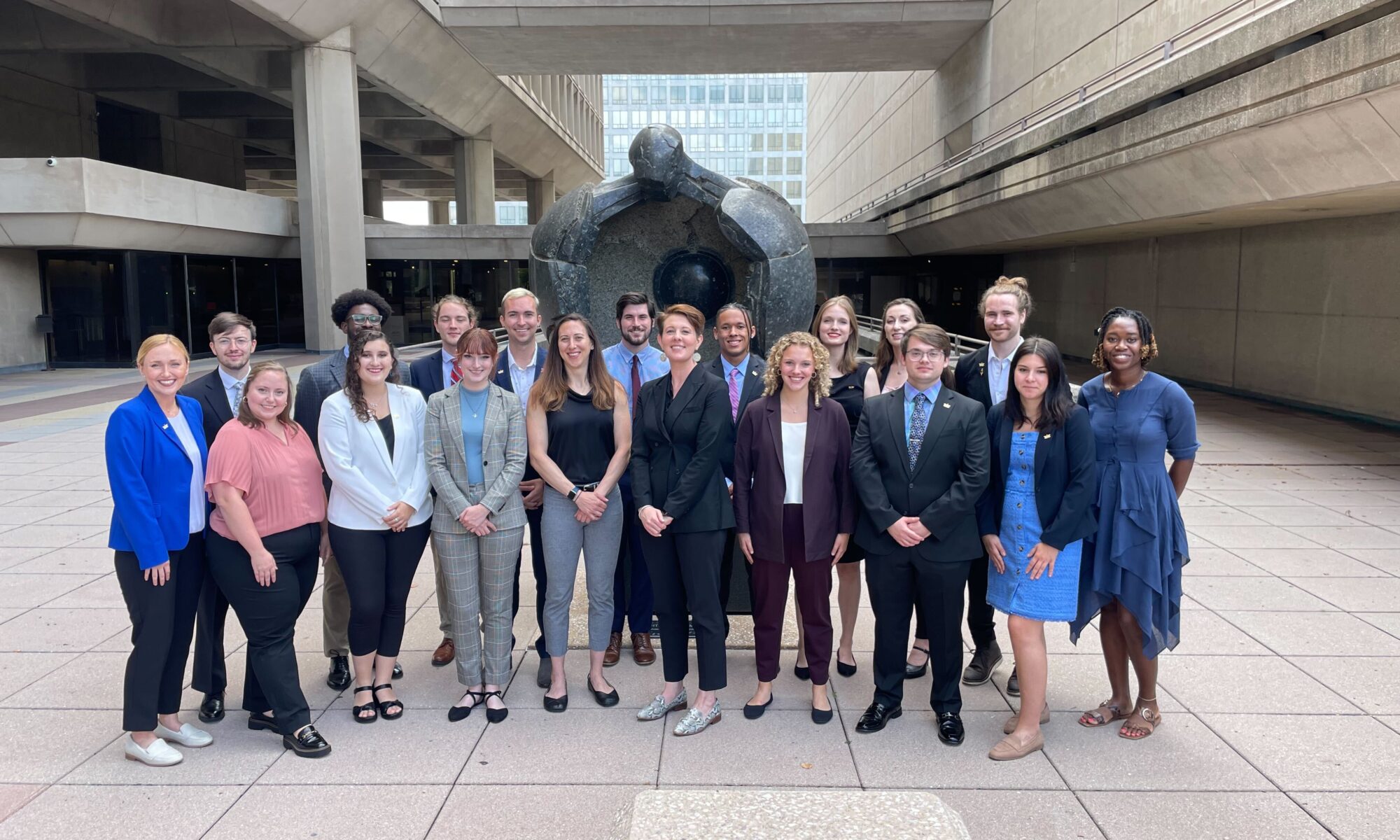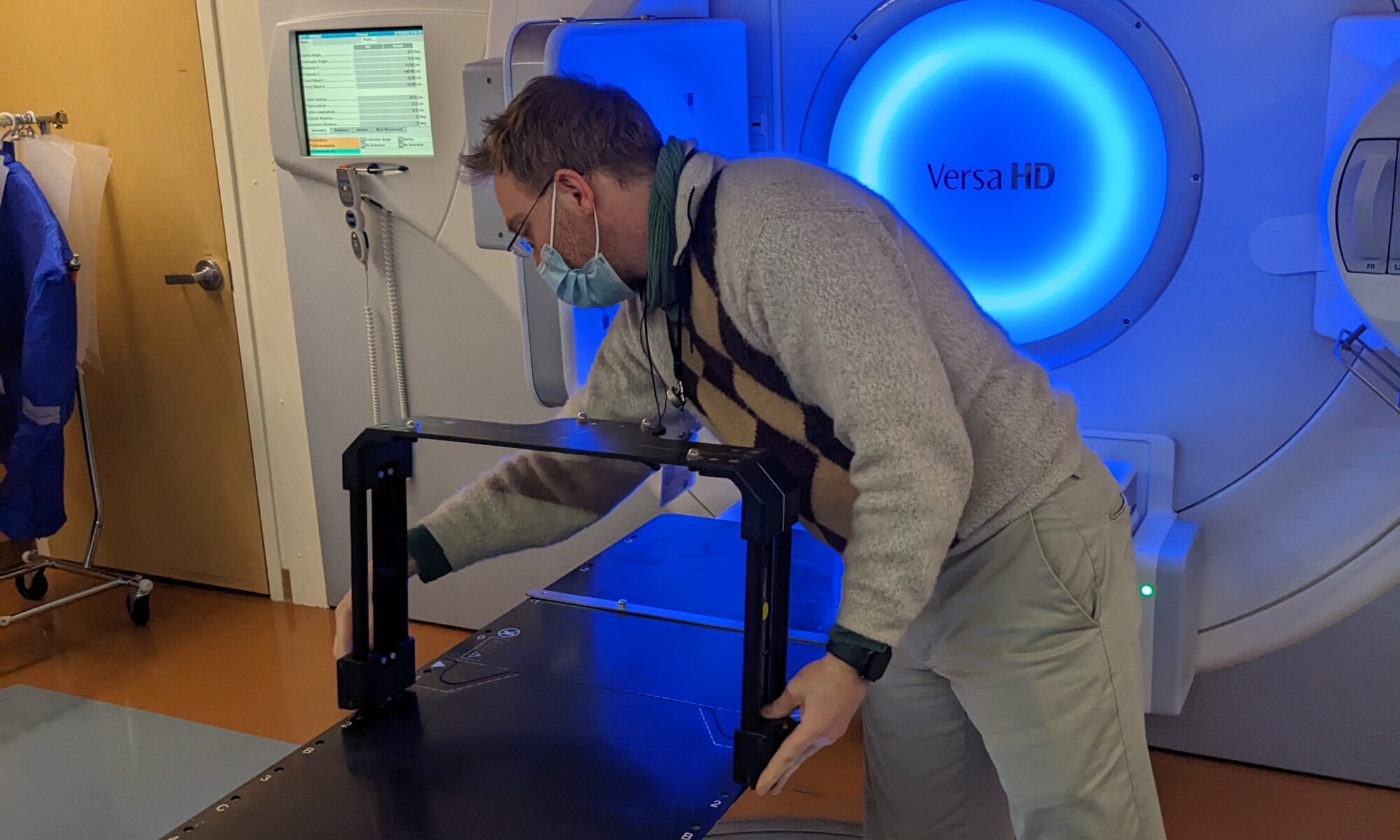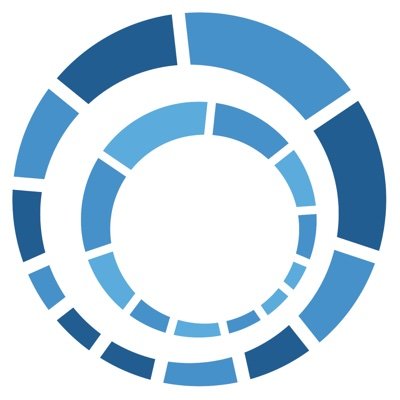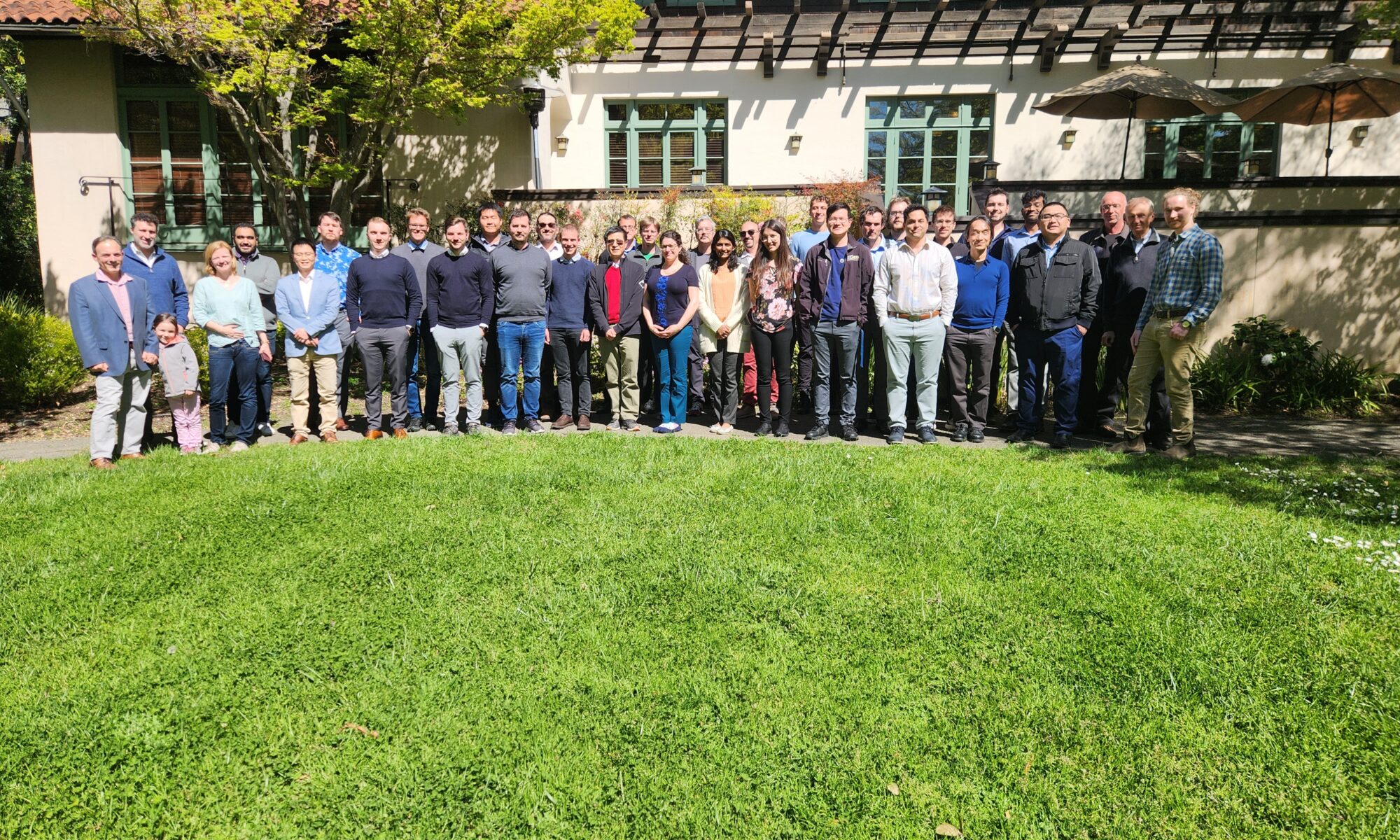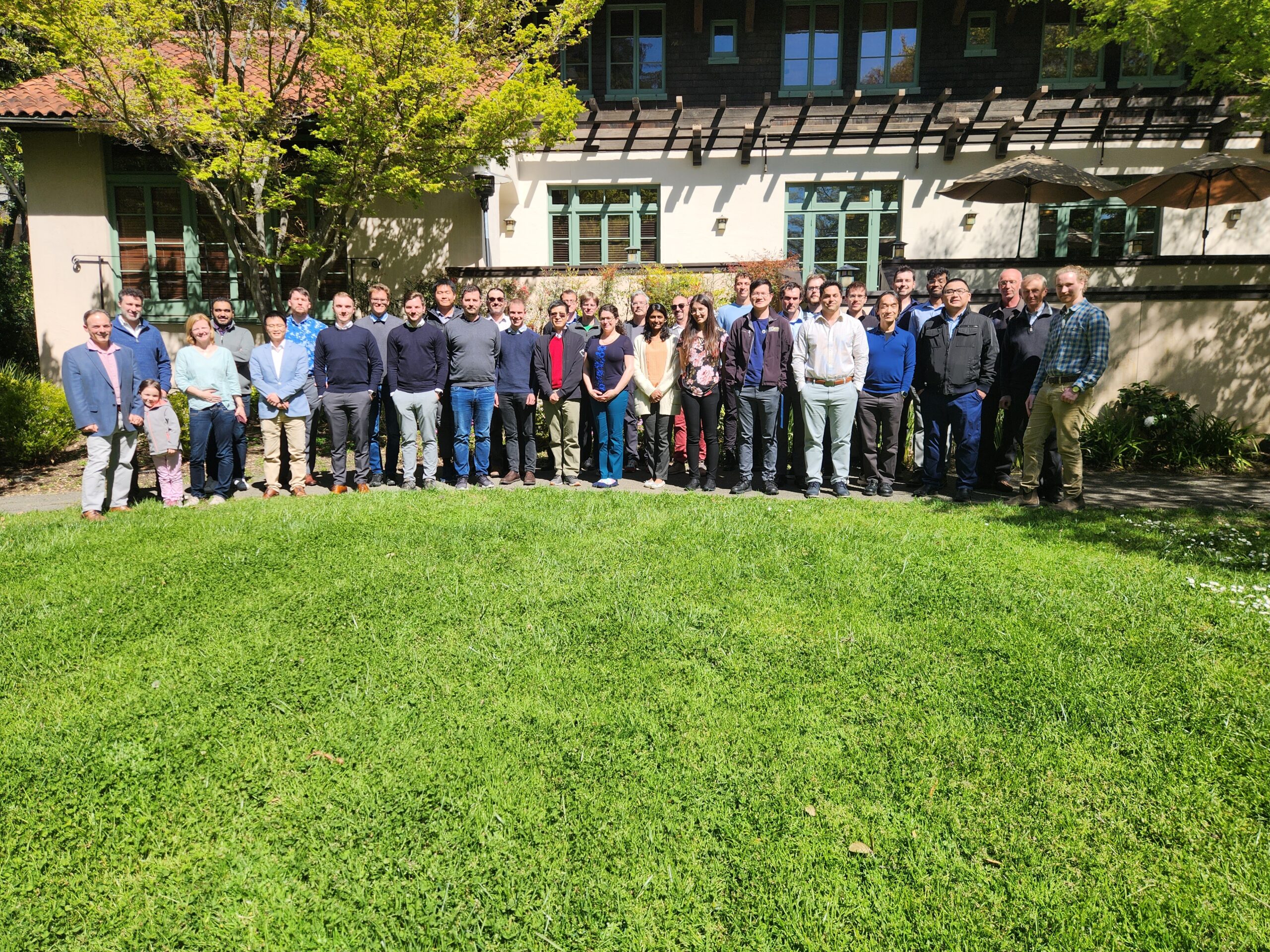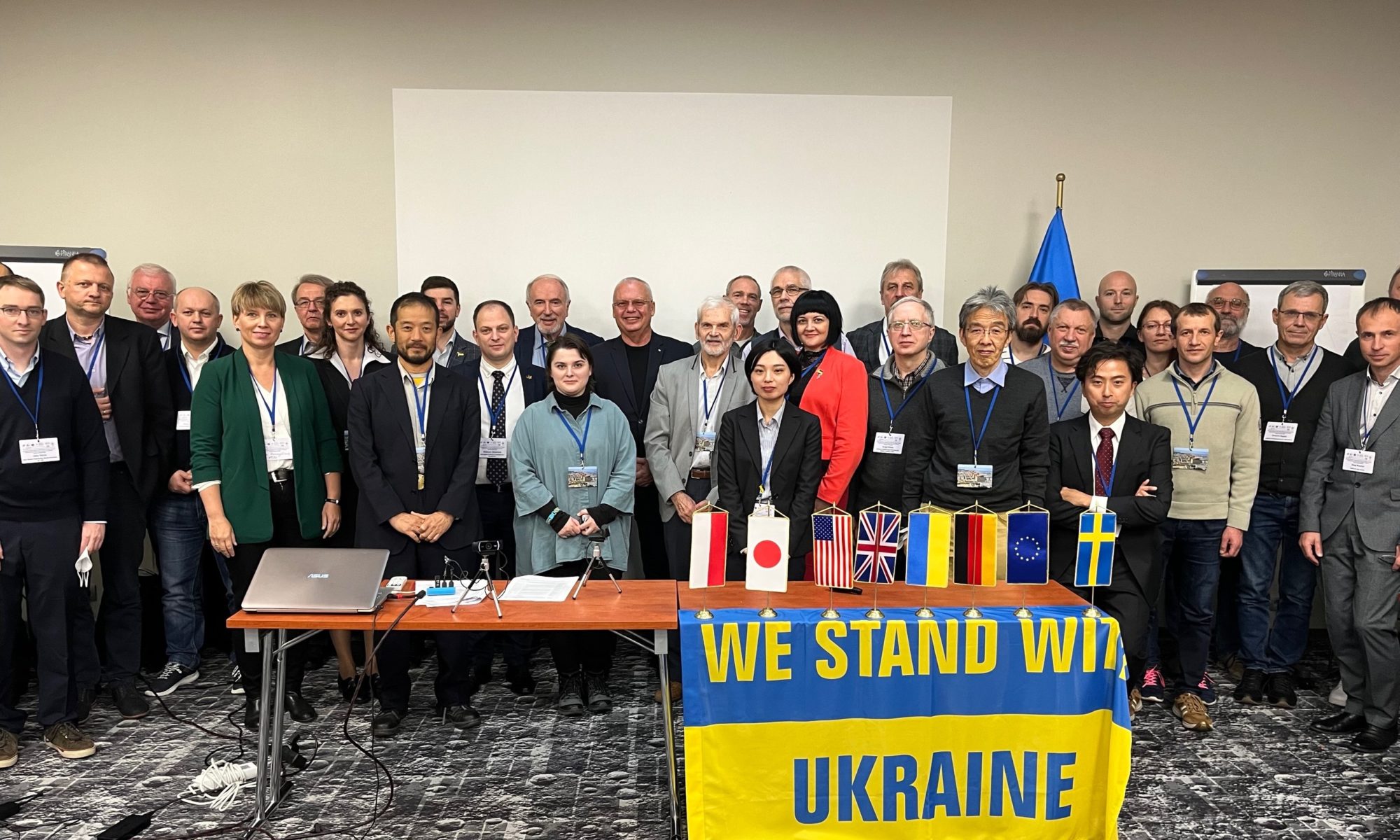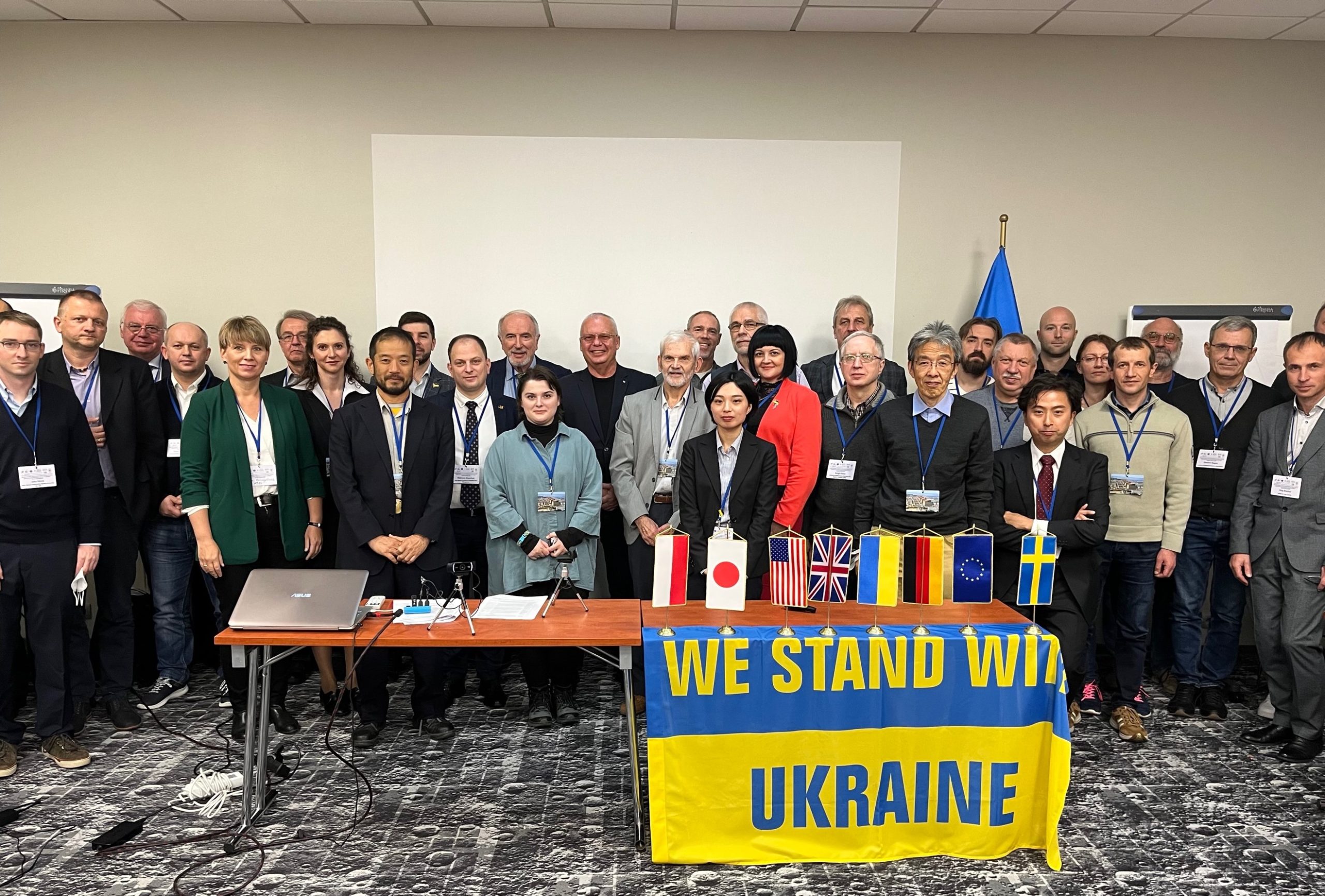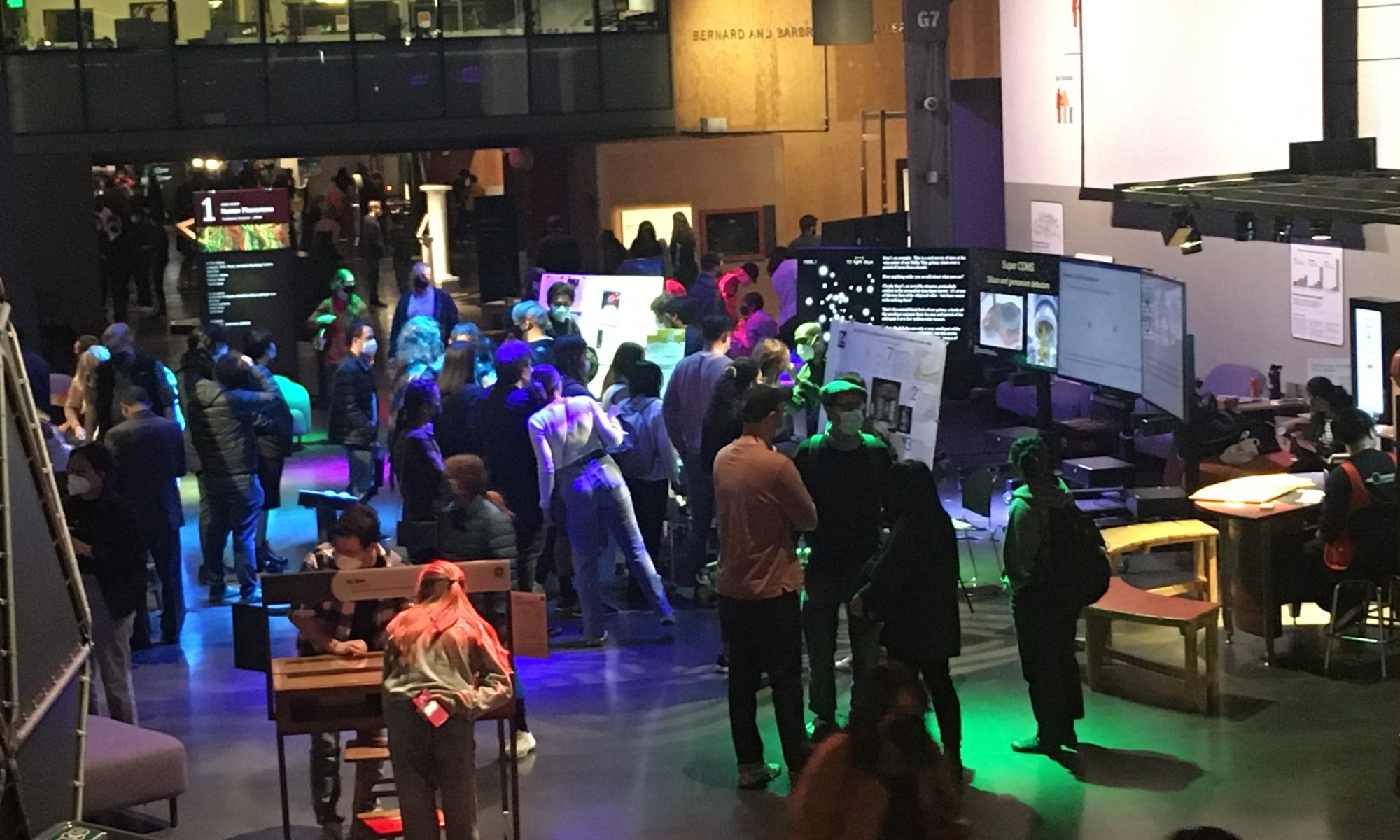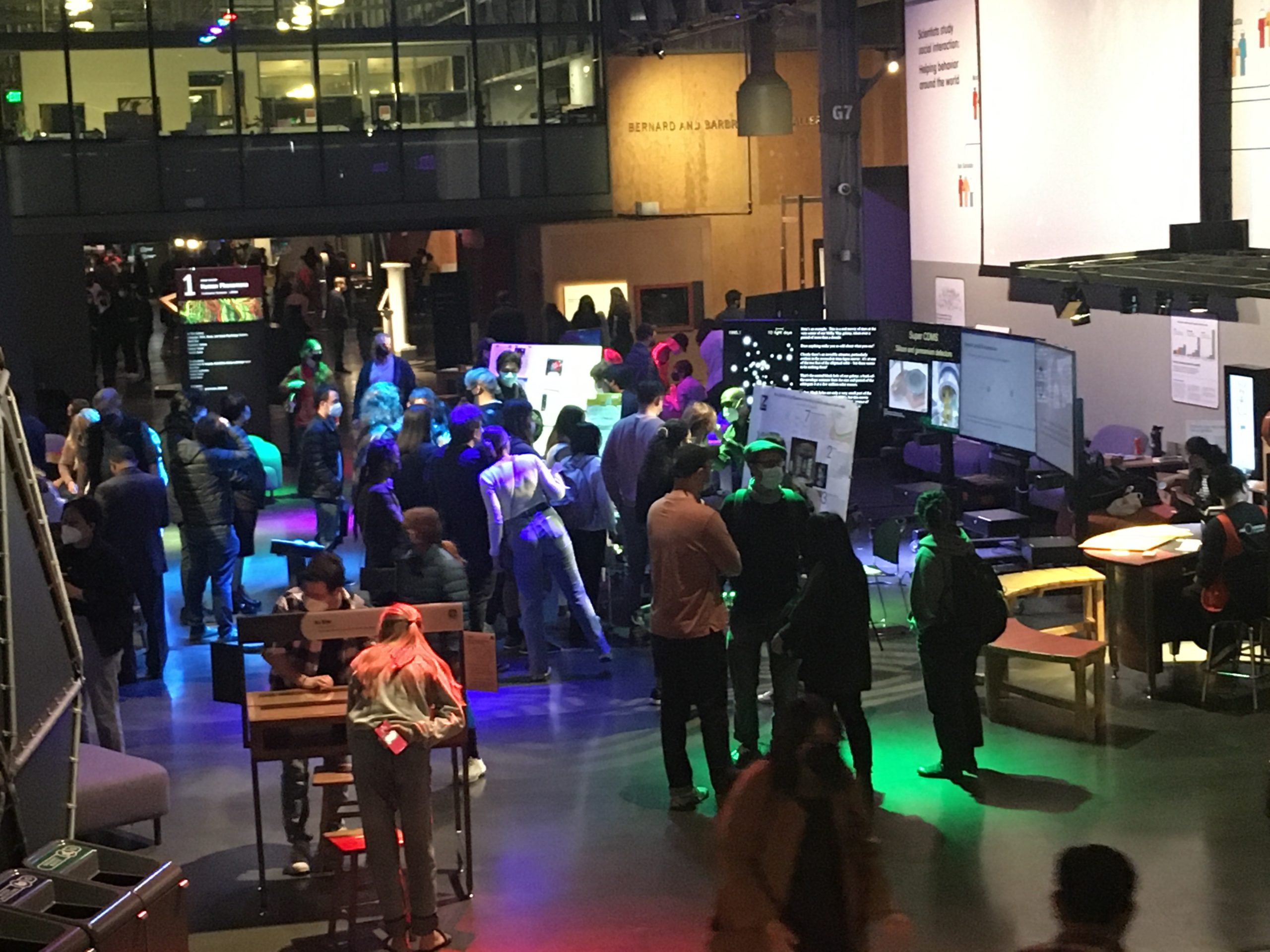Jake Hecla, one of our graduate students in the Department of Nuclear Engineering attended the international meeting on “Environmental Radioactivity Risks in Ukraine” last week (5-6 Oct.), organized by Japanese, Polish, and Ukrainian institutions. The goal of this meeting was to assemble experts in radiological measurements and modeling to discuss ongoing research in the Chernobyl Exclusion Zone (ChEZ), the impact of the ongoing war, and the establishment of state-of-the art monitoring capabilities.
From Ukraine, representatives from the State Agency of Ukraine of Exclusion Zone Management and the Ukraine Academy of Science’s Institute for Safety Problems of Nuclear Power Plants (ISPNPP) provided their perspectives on the current situation in ChEZ and more broadly in Ukraine including the Zaporizhzhia Nuclear Power Plant (ZNPP).
Jake Hecla presented on “3D Mapping and Visualization of Radioactive Sources” comprising the advanced technologies developed at UC Berkeley and Lawrence Berkeley National Laboratory (LBNL) to create three-dimensional maps of radiological contamination in near real time from a wide range of platforms including ground robots or small unmanned aerial systems. Jake, other graduate students and LBNL scientists have been able to demonstrate the so-called Scene Data Fusion technology over the last 10 years in the contaminated areas of Fukushima in Japan and in Chernobyl, specifically within the Chernobyl Nuclear Power Plant (ChNPP) and its surrounding including the evacuated city of Pripyat.
Ukrainian participants of this meeting expressed strong interest in utilizing the Berkeley-developed 3D mapping capabilities for the assessment and monitoring of structural and radiological components within the New Safe Confinement or New Shelter, for example related to the large amounts of remaining nuclear fuel containing materials but also in the mapping of the vast outdoor environments within ChEZ and its border.
We hope to be able to find ways to provide these technologies to Ukraine very soon and to allow the utilization of the latest mapping and visualization technologies to effectively and safely assess and monitor the nuclear facilities and associated activities in and around ChNPP but also in and around ZNPP and more broadly, in response to any intentional or accidental event resulting in the release of large amounts of radioactive materials. Gamma Reality Inc. has recently commercialized the SDF technologies and would be able to provide systems to our Ukrainian partners.
